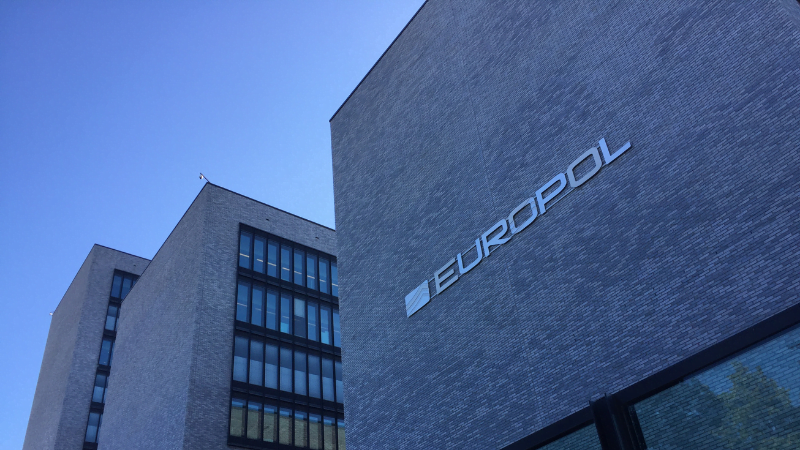According to a EUROPOL report published on 12 March, the use of corruption and the abuse of legal business structures are some of the key features of serious and organized crime in Europe with two-thirds of criminals using corruption on a regular basis and with more than 80 % of the criminal networks making use of legal business structures.
The Serious Organized Crime Threat Assessment (SOCTA) is a detailed assessment published every four years by EUROPOL that describes the current and future threats posed to the EU by serious and organized crime. It outlines the main criminal activities in the EU, describes the complexity of cross-border criminal networks, and looks at key developments that occurred in connection with the COVID-19 pandemic.
This year’s report entitled, ‘A corrupting influence: the infiltration and undermining of Europe’s economy and society by organized crime’ discusses a number of key findings including how corruption is a feature of most, if not all, criminal activities in the EU and how it takes place at all levels of society that range from petty bribery to complex multi-million-euro corruption schemes.
The report identified the key crime threats to the EU perpetrated by criminal networks. These include corruption, money laundering and the use of firearms, drugs, property crime, cyberattacks, fraud, environmental crime, and crimes exploiting people as a commodity.
The report also discusses how criminals have adapted, especially within the framework of the COVID-19 pandemic which saw criminal figures and groups shift their operations to cope with the changing landscape of the EU, noting, in particular, a surge in malware and cyber attacks.
Of particular concern is the rise and accessibility of cybercrime. With the technological advancements available to the masses, the presence of crime as a service model and access to online criminal resources, the threshold for committing cybercrime is low and easily available, the report noted.
It also notes how in previous years, the scale and complexity of money laundering activities in the EU have been underestimated, and how legal business structures such as companies or other entities are being used to facilitate virtually all types of criminal activity. Criminals can infiltrate legal business structures or control them directly and about half of all criminal networks set up their own legal businesses for their illegal activities.
According to the report, money laundering remains an essential component of the majority of criminal operations. Most groups and networks (68 %) use basic money laundering methods such as investing in property or high-value goods while some rely on slightly more sophisticated methods such as the use of cash-intensive businesses.
Many criminal groups use corruption only occasionally, but a smaller proportion of criminal networks engages in frequent and proactive corruption targeting public servants or specific sectors as an intrinsic part of their business strategy and will target individuals at all levels of society for corruption.
According to SOCTA, COVID-19 has had an extensive impact on organized crime and the report predicts that this impact will continue during the anticipated economic downturn. It warns that this will result in more opportunities for criminals to exploit those who are struggling to recover.
The pandemic has also created new opportunities for criminals in the online space and in fraud and counterfeit goods that are in high demand like PPE (Personal Protective Equipment).
The data for the report was put together as a result of collaboration between Europol, the law enforcement authorities of the Member States, and third parties such as EU agencies, international organizations, and countries outside the EU with working arrangements with Europol.













At the top position of this organised crime is Malta with its ‘disgusting’ reputation as a ‘Mafia State’ and a police cartel that continues to protect criminals in high positions closing an eye to money laundering, tax evasion and sanction violations.
This corrupt administration in power needs serious reforms to repair its broken image, trust, integrity and the rule of law without creating fear or favour.
I had lobbied for a ‘RICO act’ to be adopted by the EU before the 1995 expansions and again in 2004 with harmonized and reciprocal recognitions with the USA. Even recently I had tried to insert the need for this act into the debate on rule of law. My experience left me with the impression that the EU not only do not want law enforcement designed to combat cross border racketeering, they don’t even want to discuss it.